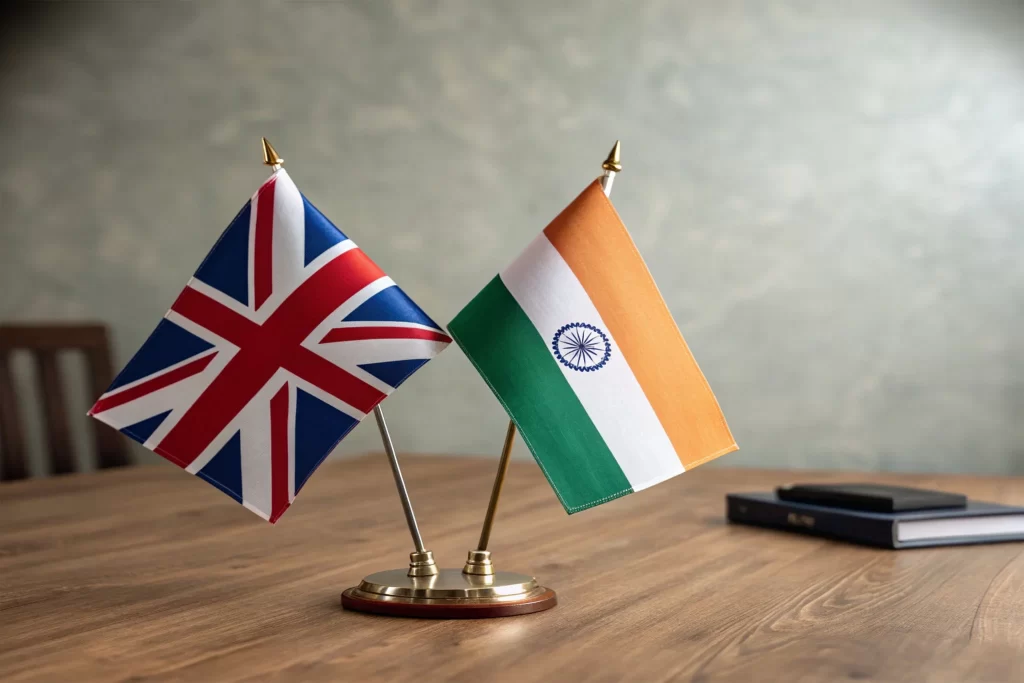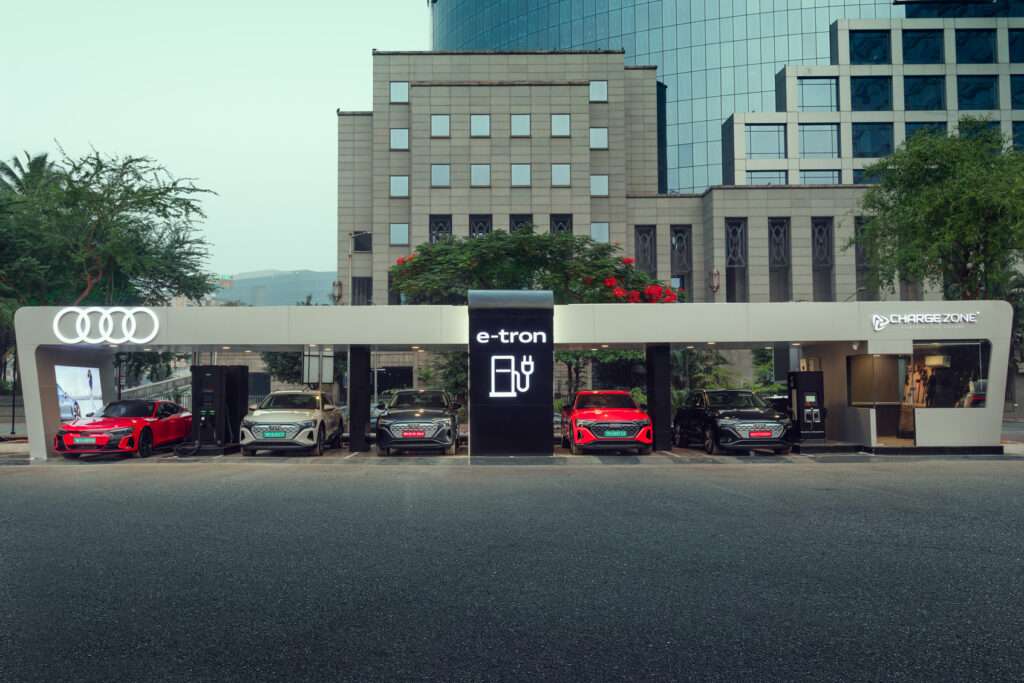New Delhi, May 27, 2025 — In a significant step towards finalising the India-UK Free Trade Agreement (FTA), an Indian government official has confirmed that the auto sector duty concessions offered to the United Kingdom are “very nuanced” and carefully structured to balance trade liberalisation with protection of domestic interests.
According to the official, India has proposed a phased reduction of import duties on British vehicles, which currently exceed 100%, to around 10% over a period of 10 to 15 years. The offer includes specific conditions such as limits on engine capacity and vehicle pricing, ensuring that only certain premium vehicles benefit from the reduced tariffs.
“This is a highly calibrated and nuanced offer. We have made sure that the concessions are tied to parameters like engine size and price bands, so as to not affect the mass-market segments or overwhelm the domestic industry,” the official said.
The automotive sector has been a contentious point in the FTA negotiations, with the UK seeking greater access for its high-end car brands while India aims to protect its growing manufacturing base. The latest proposal aims to strike a middle ground by providing targeted duty relief that benefits UK exporters without jeopardising local players.
Industry observers see this as a strategic move that could support both sides. Indian conglomerate Tata Motors, which owns the British luxury carmaker Jaguar Land Rover (JLR), is expected to gain from the duty concessions. JLR could see increased sales of models like the Range Rover and Defender in India, potentially at more competitive prices.
“The deal creates opportunities for Indian consumers to access premium UK-made cars at lower costs while giving UK automakers a clear framework within which to operate,” said a trade analyst familiar with the matter.
The FTA also contains safeguard mechanisms to ensure that India can respond to sudden market changes or surges in imports. “The idea is to liberalise trade without disrupting the domestic ecosystem,” the official added.
Automotive manufacturers in India are watching developments closely, especially as the sector contributes significantly to GDP and employment. Companies are likely to assess the FTA’s long-term impact on competitiveness, pricing strategies, and potential for exports to the UK under reciprocal terms.
The India-UK FTA, which has been under negotiation since 2022, is expected to cover 26 chapters including goods, services, investment, intellectual property rights, and dispute settlement. Both countries have expressed hope of concluding the deal soon, which would mark one of India’s most comprehensive trade pacts with a developed economy.
If implemented, the auto sector duty concessions could serve as a template for future trade agreements where sensitive sectors require a balanced and phased liberalisation approach.



